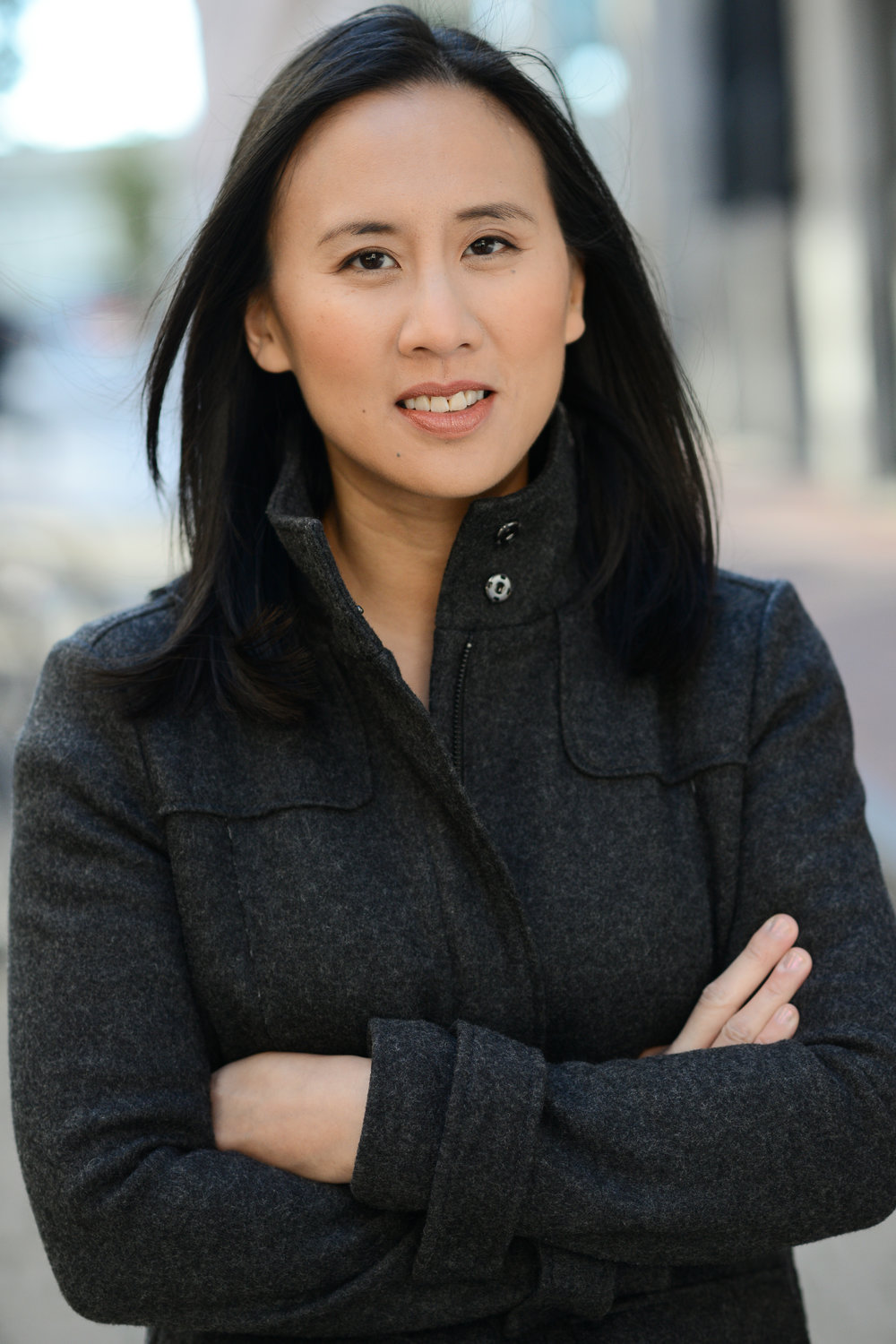Most writing classes revolve around the workshop—but the workshop format, in which participants usually read 25-30 pages of a student’s work and then critique it as a group, is ill-suited to the novel form, where 30 pages may not even be a full chapter. Is there a better way to give feedback on a novel-in-progress?
Grub Street, Boston’s independent writing center, aims to find out with an experimental new course dubbed the “Novel Incubator.” (Disclaimer: I have taught for Grub Street, but have not been involved in the novel course.) Billing itself as a “year-long MFA-level course, team-taught by two Grub Street instructors,” the Novel Incubator attempts to offer a different approach to the novel-in-progress. The course is by submission only and alternates between critiques of a full-length draft, small-group critiques of individual chapters, sessions on micro-editing and revision, and critiques on a full-length revision.
Poets & Writers Magazine recently profiled the course:
The Grub Street experiment raises some uncomfortable questions for MFA programs across the country. Sure, the short story is a great pedagogical device for teaching certain aspects of fiction writing. Like a great country song, it’s a display of craft, it reveals emotion through compression, and, in an hour-long workshop, can be chiseled down to its essential parts. The novel, on the other hand, is a loose and sprawling thing, a symphony as compared with the story’s simple country tune. But no one dreams of writing the Great American Short Story Collection, and every MFA candidate working on short stories knows, or should know, the market for story collections is limited at best. When publishers want fiction, they want a novel. Yet the typical MFA workshop urges students to concentrate on the story, leaving the would-be-novelist with a diploma and the daunting task of writing a novel by extrapolating what she knows about writing a story.
But the difference between constructing a short story and constructing a novel is like the difference between building a rowboat and building a yacht: They both have to float, but one is bigger and grander and meant to carry more people farther. Just as the yacht is not simply a bigger rowboat, the novel is not a big short story; knowledge of one doesn’t necessarily translate into knowledge of the other.
Grub Street recently ran a pilot version of the Novel Incubator, and it plans to run its first “term” of the course from May 2012 to May 2013. The cost is somewhatsteep—about $8,000—but if the course is successful, it might offer a new model for workshopping novels.
I haven’t heard of any programs like this elsewhere, which is part of what makes it so interesting. Novelists, what other models have you seen for workshopping the book-length work? Do you think a course like this addresses the different needs of a novelist?
Further Reading:
- Liam Callanan describes his own attempt to reinvent the workshop—by having the best students up first, followed by weaker students. The results may surprise you.
- Does the writing workshop still work? Kate Kostelnik reviews the book of the same name.
- FWR interviews Mark McGurl, author of The Program Era: Postwar Fiction and the Rise of Creative Writing
- Daniel Wallace compares the development of writing workshops to the development of medicine—and finds we’re still in the leech era.






